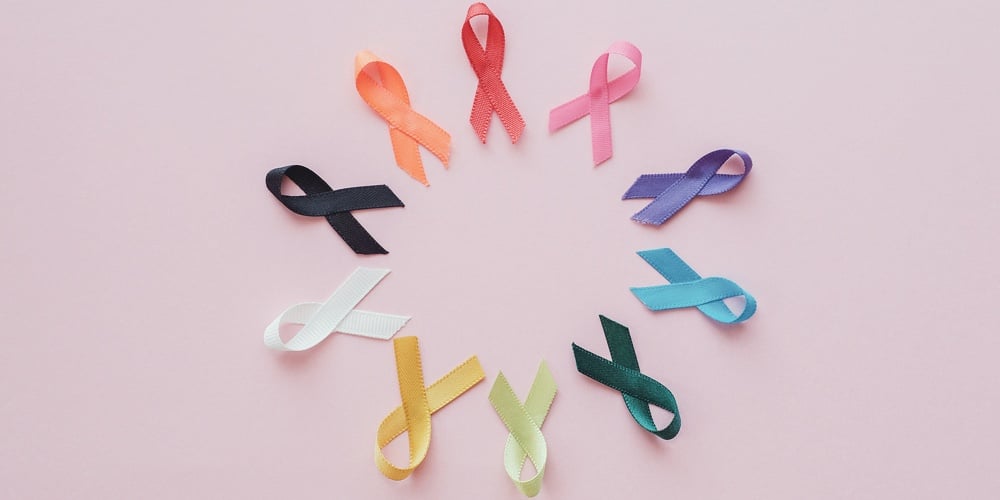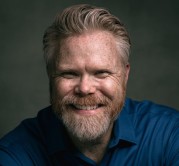The crisis hiding in plain sight

My wife was diagnosed with stage 2 breast cancer on August 13, 2019. Many of you know that. I haven’t been shy about it. I’ve talked about it in previous articles and documented her #KarlaStrong journey on Facebook and Instagram.
I join countless others who use social media and other online platforms to learn about, rage against, find support for, and cope with the physical, emotional, and psychological toll of cancer.
But the actual monetary cost of the disease in the United States – the out-of-pocket expenses for identifying, treating, and defeating the second-leading cause of death on Earth – is still a taboo subject for patients and their families … many of whom are our members, colleagues, and clients.
Much like their cancer, a patient’s reasons for silence about their personal financial situation are diverse, personal, and painful. Fear unites them all because of these truths:
- 40% of all Americans will be diagnosed with cancer at some point in their lives
- Every year, cancer patients will pay over $4 billion in out-of-pocket treatment-related expenses
- Only one-third of cancer patients continue working full-time after their diagnosis
- Adult cancer patients are nearly three times more likely to file for bankruptcy
- 42% of insured cancer patients reported a significant or catastrophic financial burden
Because cancer annihilated them financially:
- 29% of patients skip appointments with their doctor because they can’t afford the office visit
- 38% postpone or do not fill drug prescriptions
- 31% cut oral medications in half, against medical advice
- 34% skip doses entirely
This collective devastation has a name: financial toxicity. It is, to borrow a phrase from FamilyReach.org (the source of most of the statistics above), “a national health and economic crisis hiding in plain sight.”
If you want to stop reading, I don’t blame you. The coronavirus-shaped gash in the American psyche and economy, coupled with massive social upheaval, has flooded all of us with fear, anger, and doubt. The last thing we need is another world-shattering crisis.
The good news is that, right now, some credit unions are fighting financial toxicity, one member at a time. Their efforts embody every good thing about our industry, and help members find hope when all seemed lost.
Who are they? What are they doing? And how can more credit unions join the fight?
You’ll see.





